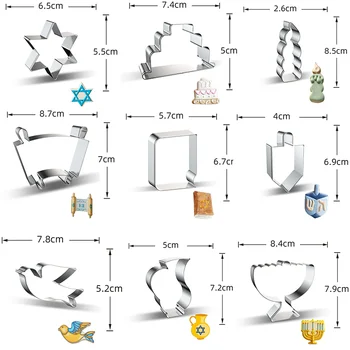Israel is the leading country in economic and industrial development throughout Middle East. Israeli economy has changed from the early agricultural industries to becoming a high-tech great power. Industry accounts for about 27% of Israeli GDP, services have 70% GDP share is about and the rest attributed to agriculture.
Although Israeli economy grew by 2.7% in Q2 2017, exports of goods and services fell 8.8% in the same period.
Major Industries
Many international high-tech companies have opened branches and R&D centers in Israel. Israel is also a global leader in water conservation, geo-thermal energy and developing cutting-edge technologies in software, communications and life science which equal to the Silicon Valley in the US.
The diamond industry is another important sector of Israel’s economy. Israel is the world’s largest diamond exchanges in volume terms. In the first half of 2017, exports of polished diamonds totaled US$2.6 billion, dropping 3% YOY due to soft demand in the US, the country’s largest export market. In the same period, polished diamonds exports to Hong Kong increased 7.5% to US$733.9 million. Diamond, under the product category of precious stones and semi-precious stones, is the largest trade item between Israel and Hong Kong.
Investment Policy
In order to promote foreign direct investment (FDI), Israeli government has set up an investment promotion center under the Ministry of Economy to aid investment growth across Israel’s industries. A wide range of incentives and benefits are offered to investors in industry, tourism and real estate, while special focus is given to high-tech companies and R&D activities.
Foreign Investment
The Majority of Israel’s FDI was channeled to the ICT, R&D and other capital-intensive industries.
Israel is actively promoting cooperation with China and other parties under the Belt and Road Initiative, welcoming Chinese enterprises to participate in various infrastructure projects in Israel, as the latter is attempting to add sea ports and new railroad networks. Israel would like China to participate in the building of a railroad connection between the ports in Eilat and Ashdod, connecting the Red Sea to the Mediterranean Sea.
Trade Policy
Most goods can be freely imported into Israel, though licences are required for defence-related items. When applying for an import licence, the importer must either be an Israeli resident, a corporation, or a non-profit organisation registered in Israel.
Israel’s import tariffs are classified under the Harmonised System codes (HS). Ad valorem duties are imposed on imports transaction value (declared by importers). A value-added tax (VAT) is applied to almost all imported and domestically produced goods and services.
All imports into Israel must bear a label showing the country of origin, the name and address of the manufacturer, the name and address of the Israeli importer and the contents, weight and volume in metric units, and all labels must be in Hebrew. English language may be added and the printed letters are not larger than those in Hebrew.
Israeli government has been active in negotiating free trade agreements (FTAs). Israel has signed FTAs with a number of countries and regional bodies, including the US, the European Free Trade Association (EFTA), Turkey, Canada, Mexico, Colombia, European Union (EU) (an Association Agreement which includes tariff-free treatment for industrial goods and most agricultural products) and MERCOSUR countries.
Under the US-Israel Free Trade Area Implementation Act (IFTA Act), products from Qualifying Industrial Zones (QIZs, which encompass Israel’s border areas with Jordan and Egypt), with no less than 35% of QIZs-produced contents (including a minimum of 8-10.5% Israeli inputs), are eligible to receive duty-free treatment when imported into the US.
Israel has also concluded double taxation agreements with many countries including the US, the EU and China.







